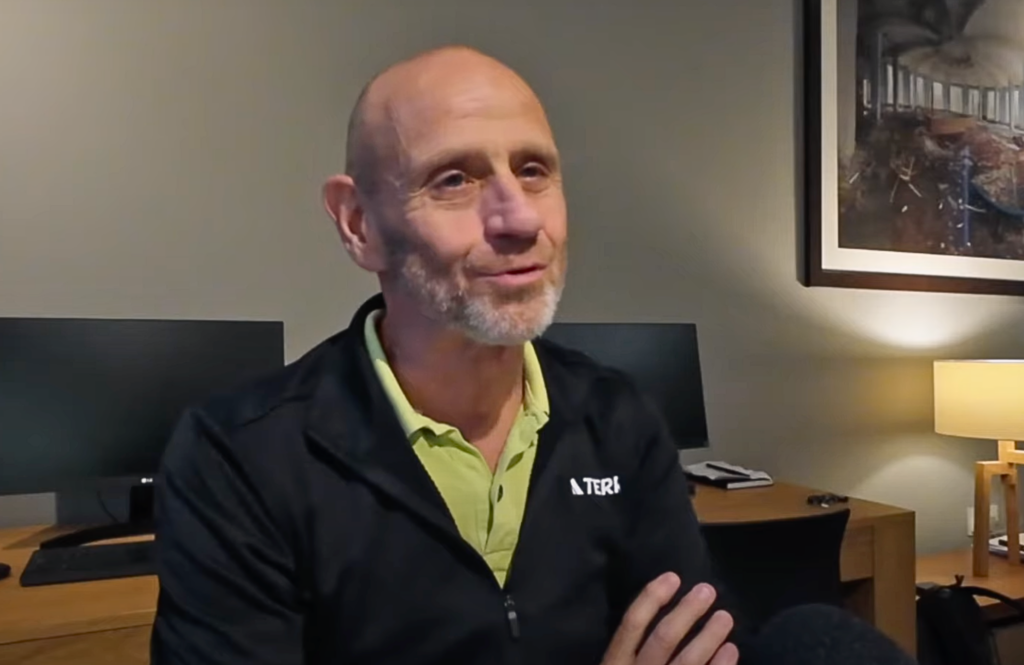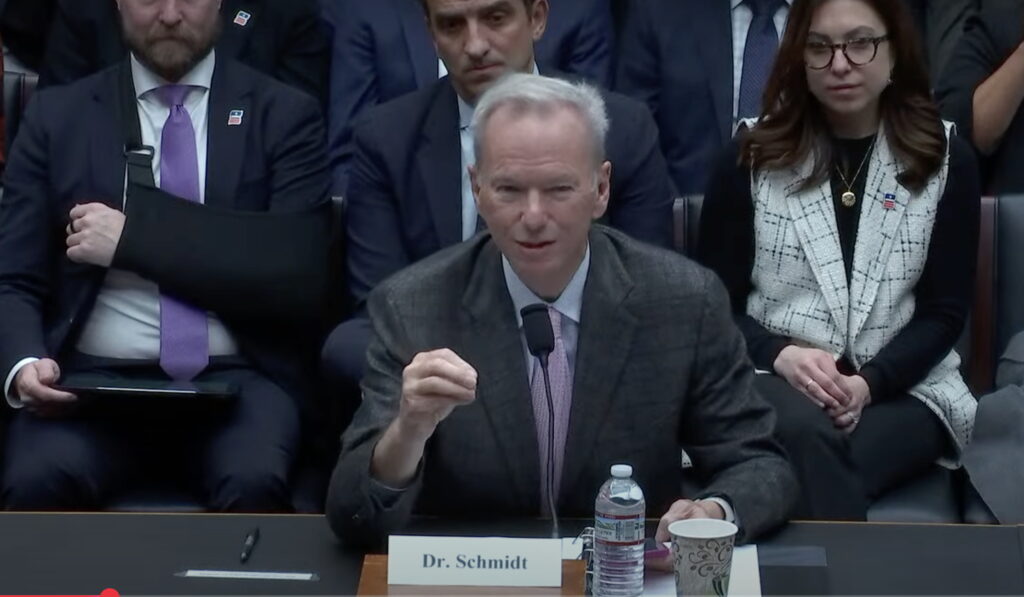The government must end the uncertainty clouding the direction of Britain’s low-carbon policies writes Lord Deben, chairman of the Committee on Climate Change (CCC), in a letter sent today to Energy Secretary Amber Rudd.
Recent policy changes – including cuts to renewable subsidies and abolishing the Green Deal as well as the Zero Carbon Standard for homes – “have been widely interpreted to have reduced the action being taken to meet the clear commitment to carbon budgets. They have, in some areas, left a policy gap which urgently needs to be addressed,” Deben argues.
“The uncertainty created by changes to existing policies and a lack of replacement policies up to and after 2020 could well lead to stop-start investment, higher costs and a risk that targets to reduce emissions will be missed.”
Policy Gap
The CCC was established under the Climate Change Act 2008 as an independent, statutory body to advise the government on its emissions targets and report to Parliament on progress made in reducing greenhouse gas emissions and preparing for climate change.
While Deben commends Rudd for affirming the government’s commitment to reducing emissions by 80 percent by 2050, as laid out in the Climate Change Act, he stresses the importance of closing the “policy gap” by clarifying the government’s plans going forward.
“We emphasise the importance of making the next announcements as early as possible,” he urges. “We advise that they cover both what the Government plans to put in place between now and 2020 and plans beyond 2020.”
For example, while the government has said it will extend the low-carbon energy cost control mechanism, known as the Levy Control Framework (LCF), beyond 2020, “there is no date for when this will occur, and at what level. This is vital to boost confidence in the market for low-carbon generation.”
The LCF aims to provide certainty to investors while limiting financial impact on those who will ultimately foot the bill for new renewable and low-carbon electricity schemes. Over the summer it was forecast that the LCF spending cap for green power subsidies will be breached.
A clear plan for achieving the cross-party commitment that was announced ahead of May’s general election to end the use of unabated coal for power generation is also needed, writes Deben.
CCC Recommendations
The letter sets out a series of recommendations, noting that “it is vital that the policy framework going forward should maintain the principles of carbon pricing, technology support and tackling barriers to behaviour change.”
Some of the recommendations laid out by Deben include:
- Visibility of the future market for low-carbon power. “This is required to ensure that innovation takes place and that new projects are developed.” It could be achieved by extending the LCF to 2025, with a 10-year rolling window.
- Provide a detailed action plan for delivering low-carbon heat, considering this alongside energy efficiency. This plan would recognise the different options for reducing emissions from heat and acknowledge different solutions are needed for different types of buildings.
- Push for “clear, stretching” 2030 EU new-vehicle targets that take into account the need for ultra-low emission vehicles. And as electric vehicles remain more expensive than conventional vehicles, support for this emerging market must not be withdrawn too early.
You can read the full letter here:
Photo: Chrishna via Flickr
Subscribe to our newsletter
Stay up to date with DeSmog news and alerts







